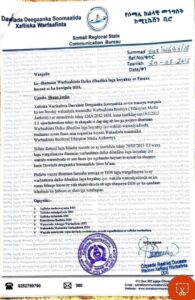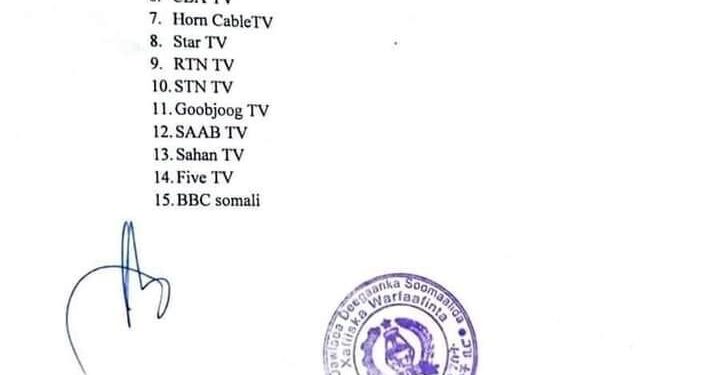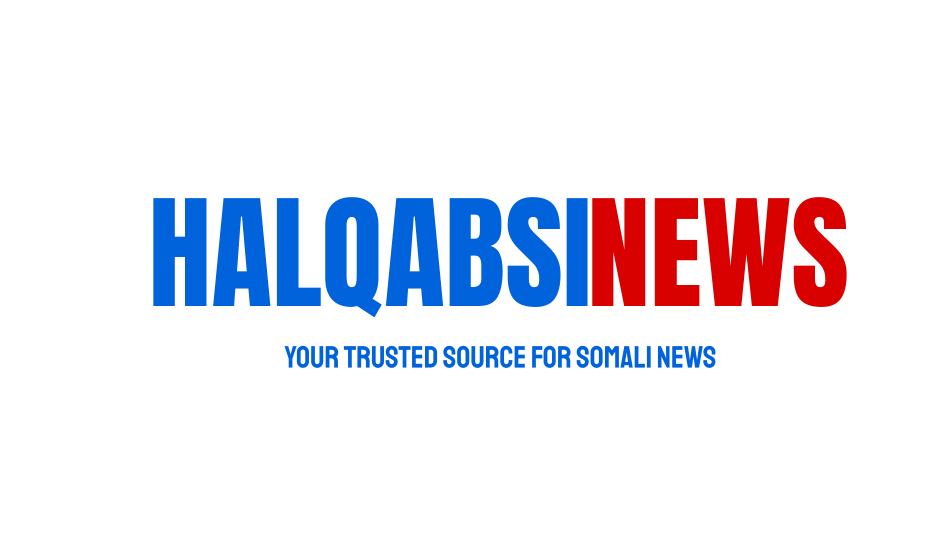Jigjiga, Somali region- Ethiopia – The Somali Regional State has announced the ban on all Somali language television media operating within the Somali region. The decision to stop the operation of these TV channels was made due to the lack of permission from the Ethiopian Media Authority.
According to the statement from Somali Regional State Communication Bureau, the ban applies to popular Somali language TV channels such as Universal TV, Goobjoog TV, and BBC Somali, among others. The Ethiopian Media Authority has stated that these channels have been operating without the necessary licenses and permissions, and therefore, their operation has been deemed illegal.
The move has sparked controversy among the Somali community in Ethiopia and in Somalia itself. Many have expressed their disappointment and frustration at the ban, as these TV channels provide a vital source of news, entertainment, and cultural content for the Somali community in Ethiopia.
 The ban has also raised questions about media freedom and freedom of expression in Ethiopia. The Ethiopian government has faced criticism in the past for its restrictive media laws and regulations, and this latest ban has sparked renewed concerns about the state of media freedom in the country.
The ban has also raised questions about media freedom and freedom of expression in Ethiopia. The Ethiopian government has faced criticism in the past for its restrictive media laws and regulations, and this latest ban has sparked renewed concerns about the state of media freedom in the country.
However, the Ethiopian Media Authority has defended its decision, stating that the ban is necessary to regulate the media industry and to ensure that only authorized and licensed channels are allowed to operate.
The ban on Somali language television media in Ethiopia is expected to have far-reaching consequences for the Somali community in the country. Many will now be forced to rely on alternative sources for their news and entertainment, and the ban is likely to negatively impact the cultural ties between the Somali community in Ethiopia and in Somalia.
The situation remains fluid and developments are being monitored closely by media organizations, human rights groups, and the international community.










